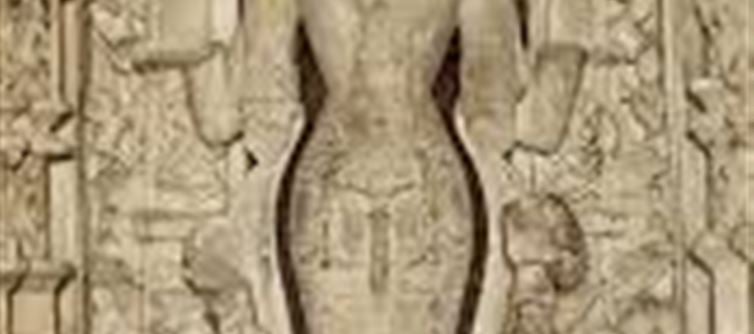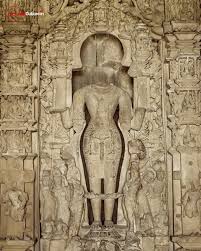
“Justice in india isn't just about what is done, but how it's seen” – this is the very first cannon of the judicial ethics in the charter “Restatement of Values of Judicial Life” adopted by the supreme court of india on 7th May, 1997. The charter serves as a guide to the judges and requires judges to "reaffirm the people's faith in the impartiality of the judiciary" through their conduct.
A Remark That Missed the Mark
The recent comment by Chief Justice of india (CJI) B.R. Gavai on the restoration of a Lord vishnu idol in the Khajuraho temple has sparked a significant debate about this very principle. While the court's decision to dismiss the plea was legally soundbecause the matter falls under the Archaeological survey of india (ASI) - the CJI's accompanying remark, "Go and ask the deity itself to do something now. You say you are a staunch devotee of Lord Vishnu. So go and pray now," has been widely criticized.
A judge's role is to uphold the law, not to trivialize a petitioner's faith. This comment, while perhaps intended as a quick dismissal with a hint of sarcasm, came across as a personal and insensitive opinion, blurring the line between a legal ruling and a personal view. In a nation where religious identity is deeply ingrained in the social fabric, such words from the highest judicial office can be seen as undermining the constitutional guarantee of freedom of religion under Article 25.
The Stakes of Judicial Conduct
The judiciary's power is built on public trust. When a statement from a judge, particularly the CJI, is perceived as mocking a religious belief, it chips away at that trust. It creates a dangerous narrative that the institution meant to protect all citizens may hold a bias against some. In a country with a history of communal tensions, insensitive remarks from a position of authority can be used to sow discord and incite social unrest, providing fuel for those who seek to divide the nation.
The stability, sovereignty and unity of Bharat depend on the respect and dignity afforded to all its citizens and their beliefs. The judiciary, therefore, has a moral and constitutional obligation to exercise extreme caution in its public pronouncements, especially on matters of faith.Constitution itself wouldn’tsurvive, ifthe sovereignty and integrity of india were to be threatened.

A Lesson in Dignity
The legal system rightly dismissed the plea for idol restoration based on technical grounds. But the CJI's words were a missed opportunity. They failed to acknowledge the genuine religious sentiment behind the petition and instead left a scar on the public's perception of judicial neutrality.
Yet, despite feeling hurt, the staunch Sanatanis across the country didn't resort to violence or protest. They didn't take to the streets, organize massive rallies, or shut down Universities and offices. They simply prayed. This peaceful response from a community deeply rooted in its faith is a testament to its resilience and respect for law and order. It’s a silent yet powerful message to the judiciary that true strength lies not in aggression but in dignity and grace. The institution of the CJI is a sacred trust, and its pronouncements must always be guided by the principles of justice, dignity and respect for the diverse people of Bharat. The judiciary has a moral and constitutional obligation to be a beacon of neutrality and respect for all faiths. When it fails to do so, it risks not only its own credibility but the very social harmony it is meant to protect. Perhaps it's time to retire titles like "Your Lordship," because when judges are addressed as Lords, some may truly begin to believe they have become gods.
Written by Burra naga Trinadh, alumnus of the Dr BR Ambedkar college of Law, Andhra University.




 click and follow Indiaherald WhatsApp channel
click and follow Indiaherald WhatsApp channel